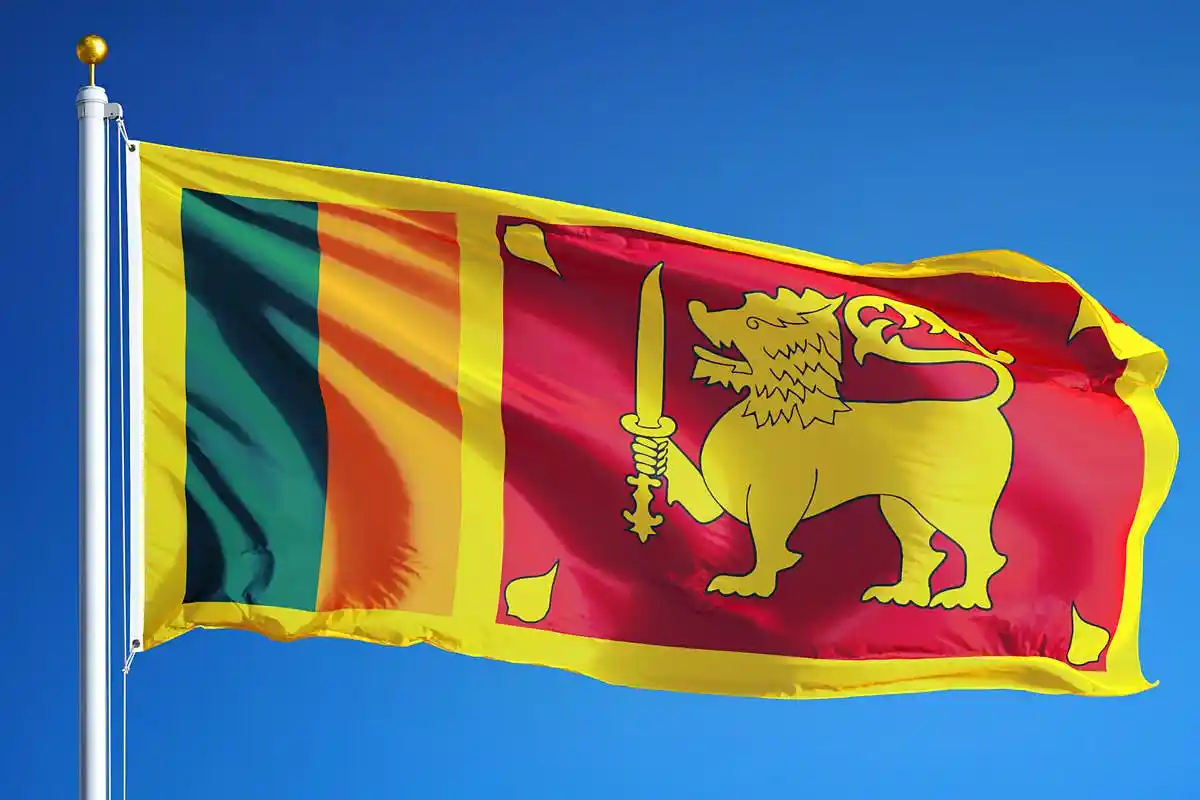Following the foreign exchange crisis in Sri Lanka, payments worth $40 billion on imports from India comprising textiles, auto components, agriculture products among other items have been deferred.
According to the Federation of Indian Export Organisations (FIEO), the payments were due in August but due to the crisis, the importers have requested for extension of the payment deadline.
“There has been no default but $40 billion is pending, there will be delayed payment by their importers but we are confident that the economic situation in Sri Lanka will not start looking up as the tourism sector has started to open up,” Ajay Sahai, Director General, FIEO told India Narrative.
After China, India is Sri Lanka’s second largest trading partner with the bilateral merchandise trade amounting to about $ 3.6 billion.
Also read: Sri Lanka seeks World Bank loan to fight Covid after financial meltdown
Sahai also said that India and Sri Lanka may also have to explore other options including Line of Credit or trade in local currency to ensure that the momentum on the export front continues.
Since 2020, the island nation has imposed import restrictions on motor vehicles, agricultural products and consumer durable to contain the outflow of foreign currency.
In September, Sri Lanka’s President Gotabaya Rajapaksa declared a state of emergency to prevent hoarding of essential items which includes rice and sugar.
Amid uncertainties, the World Bank said that the island nation’s medium-term outlook is clouded by pre-existing macroeconomic weaknesses and the economic scarring from the COVID-19 pandemic.
The World Bank, in its report also said that continued macroeconomic challenges, particularly the high debt burden, large refinancing needs, and weak external buffers will adversely affect growth and poverty reduction over the medium term for Sri Lanka. “Despite increased policy rates and price controls imposed by the government, inflationary pressure is expected to remain strong amid partial monetization of the fiscal deficit, currency depreciation, and rising global commodity prices. Food insecurity could worsen and poverty reduction slow if food prices remain elevated and shortages continue,” it said.




















